No. As much as we would like to be a “no–kill” shelter, we are not. As the only animal shelter in Anguilla, it would not be responsible to have a no–euthanasia policy. This is a very complex and emotionally charged question, but let us explain:
As the only animal shelter in Anguilla, we do not charge for surrendered cats and dogs and we do not want to turn away animals under any circumstances. To be able to offer refuge to every animal in need at all times, we have to euthanize animals that are deemed unadoptable or remain unadopted for a certain time. Why? Because there continues to be more animals surrendered than there are available homes. This means that no matter how many kennels we could build, the shelter would eventually still become full, by which time we would have no choice but to turn away surrenders. It is a brutal reality to which responsible pet ownership and spay & neuter is the long–term solution.
Would it help if AARF had more money? Yes, but also no. Like in so many other parts of the world, there are still always more cats and dogs being surrendered than being adopted. With more money we could have more kennels and ability to treat more severe health issues and unsociable behavior, but it would not increase our adoptions. Furthermore, the shelter is a temporary home for abandoned and stray–born animals, where we provide the care that they need while we search for forever homes. It is not set up for long–term living and can therefore not be a forever home by itself.
When is an animal euthanized? All animals that enter the veterinary clinic and shelter are treated with dignity and respect. The decision to euthanize an animal is made by the on–duty veterinarian with regard to all prevailing circumstances. Some surrendered animals have such serious health issues or aggressive behavior that they will be euthanized upon arrival to the clinic. If we stand helpless and cannot provide anything else for the animal, we will at least be there by their side for a painless release.
People surrendering pets will also be told that euthanasia is the last resort when a home cannot be found for a cat or dog and all available options have been exhausted. However, there are programs that have helped greatly when local forever homes have been hard to find.
Are you striving to become a “no–kill” shelter? Yes, of course. Our dream is that one day unwanted puppies and kittens would no longer be born and that we could invest in every animal surrendered to the clinic without any restrictions and find them all a forever home.
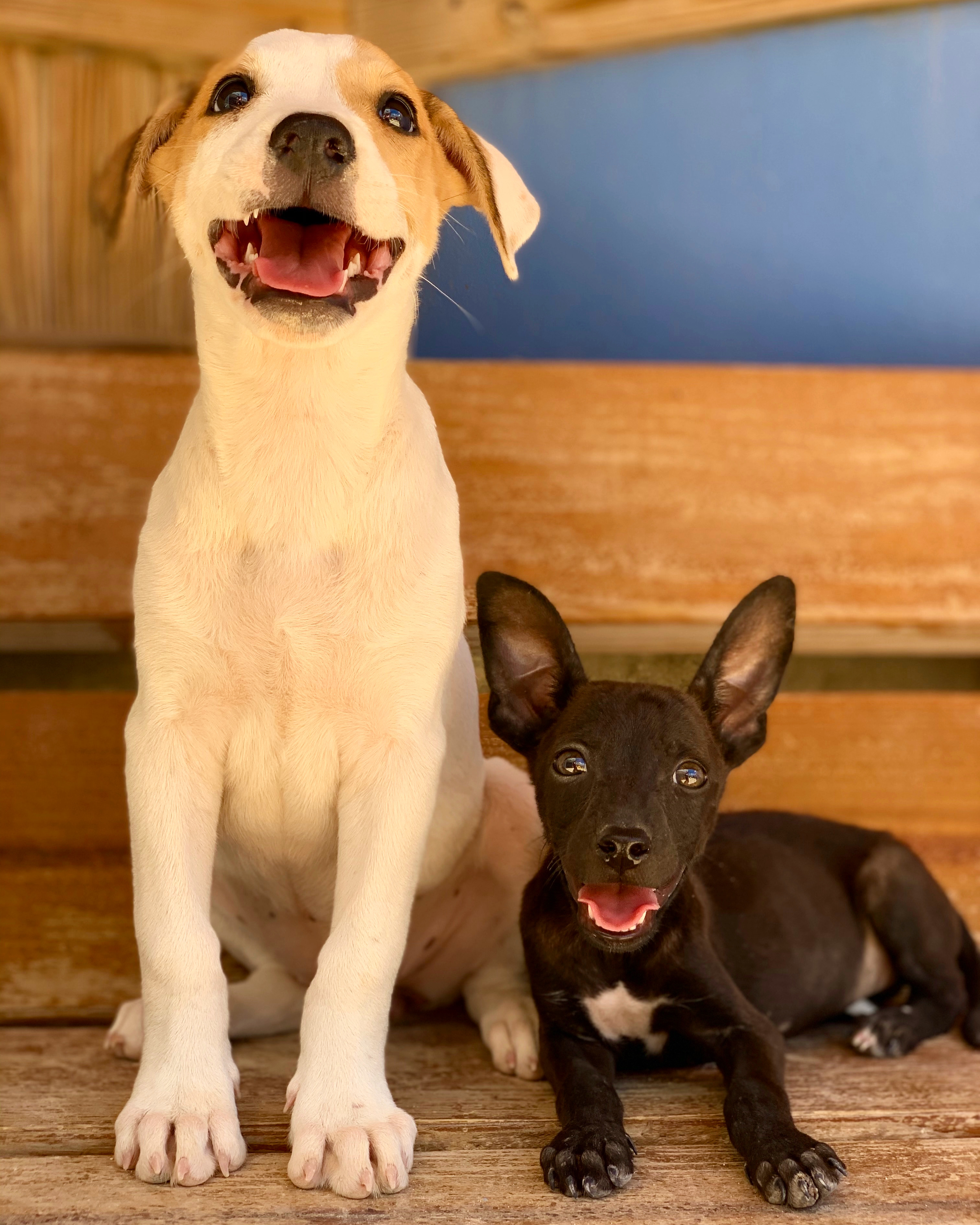
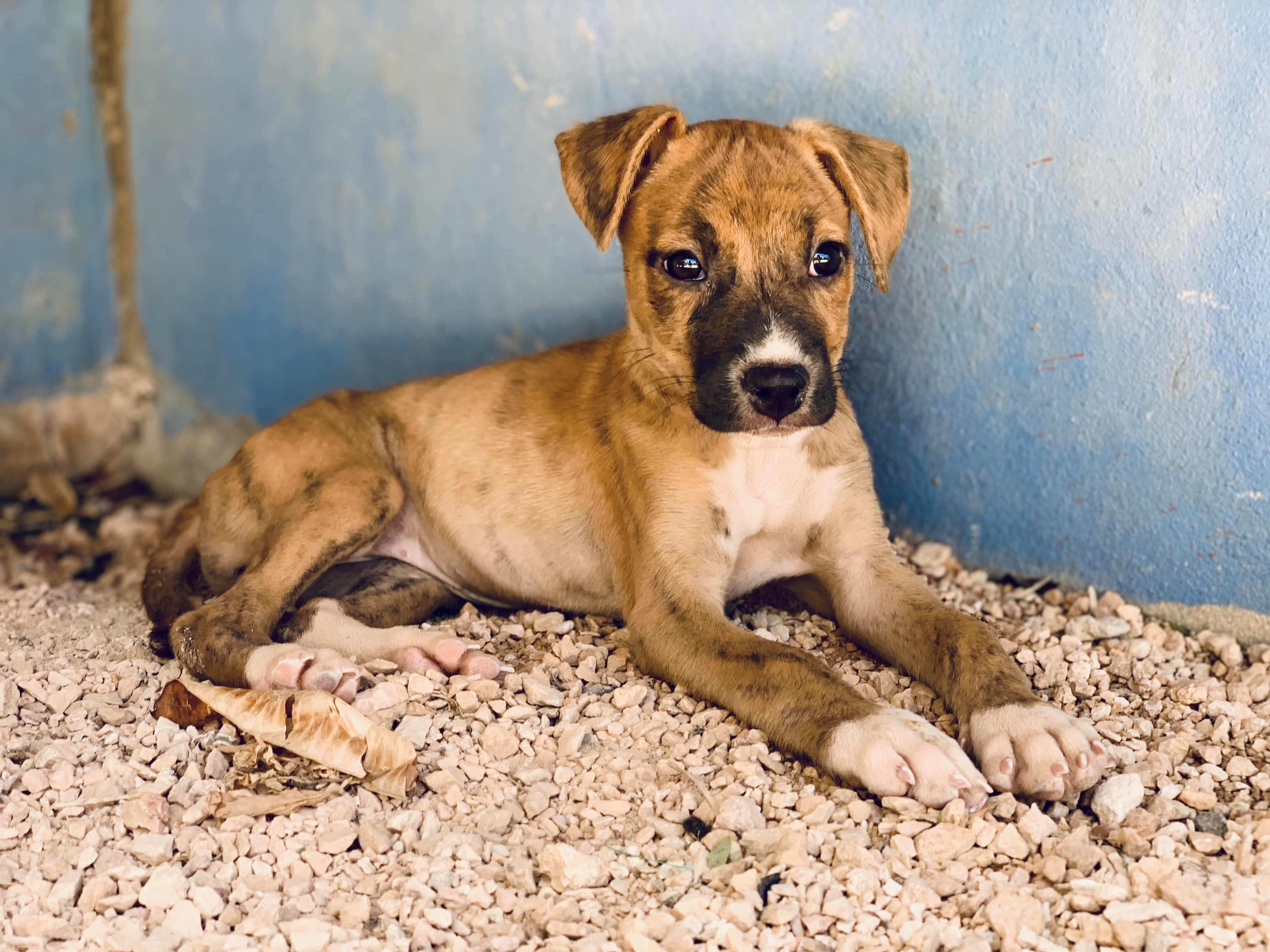
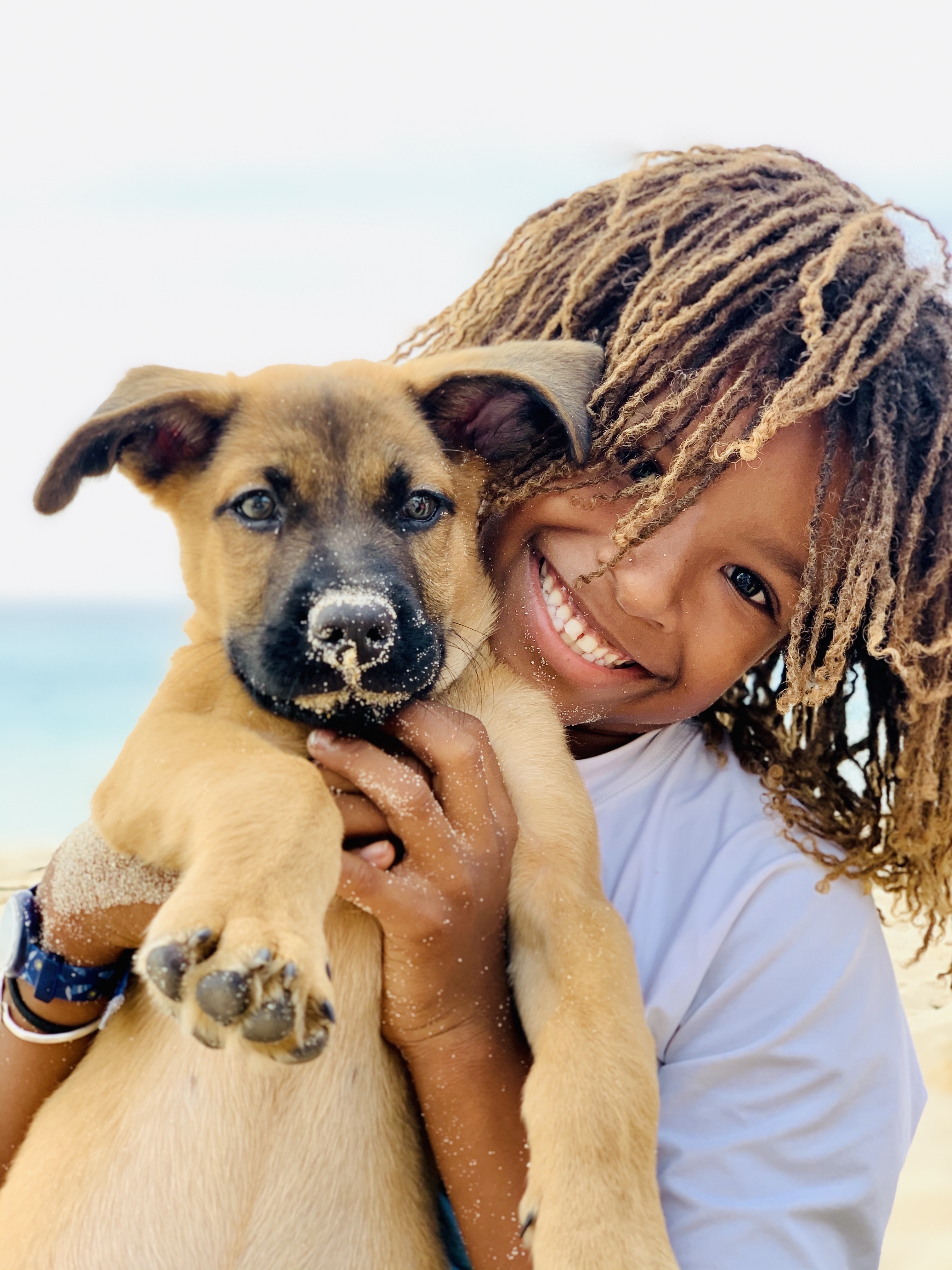
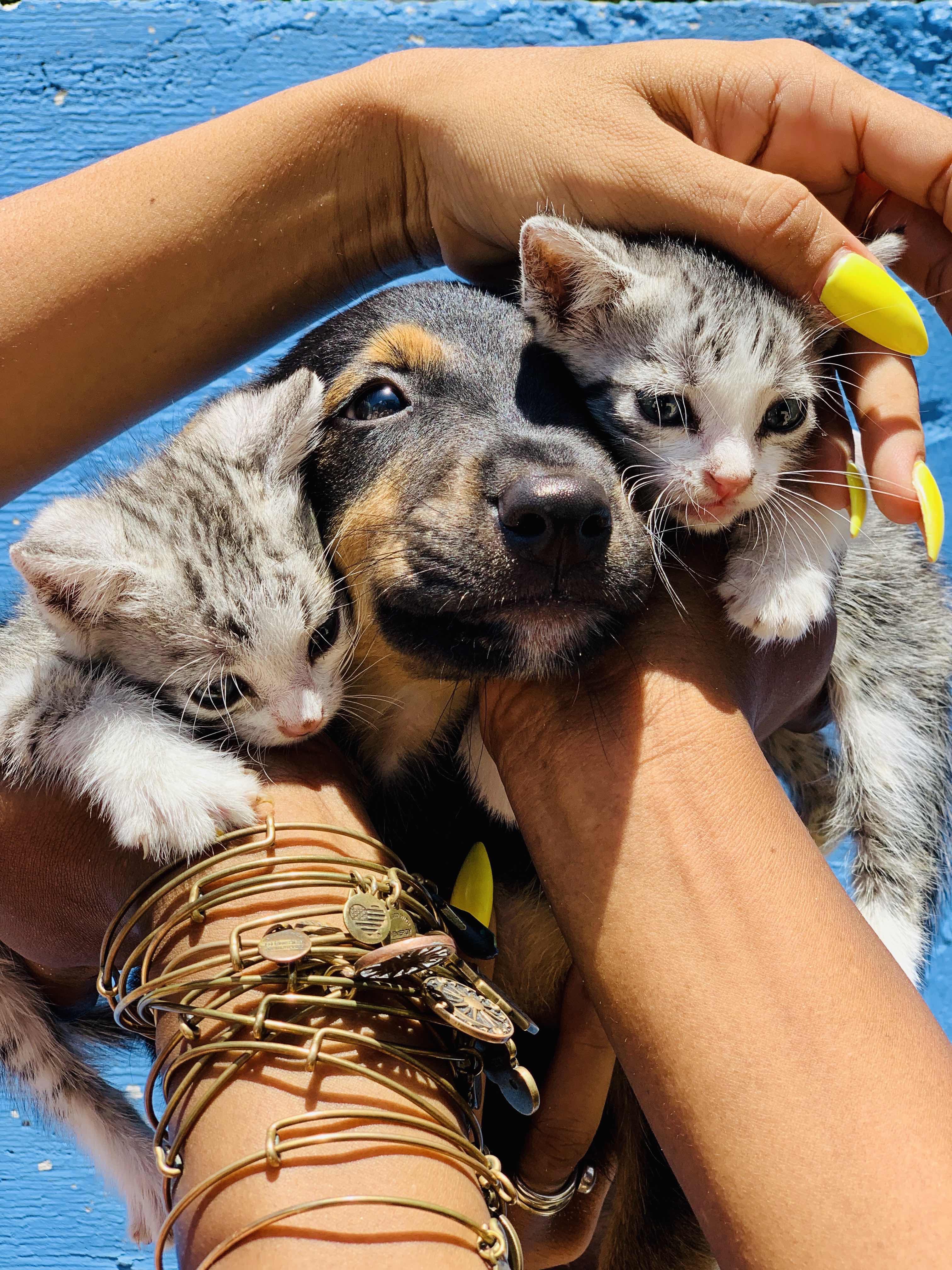
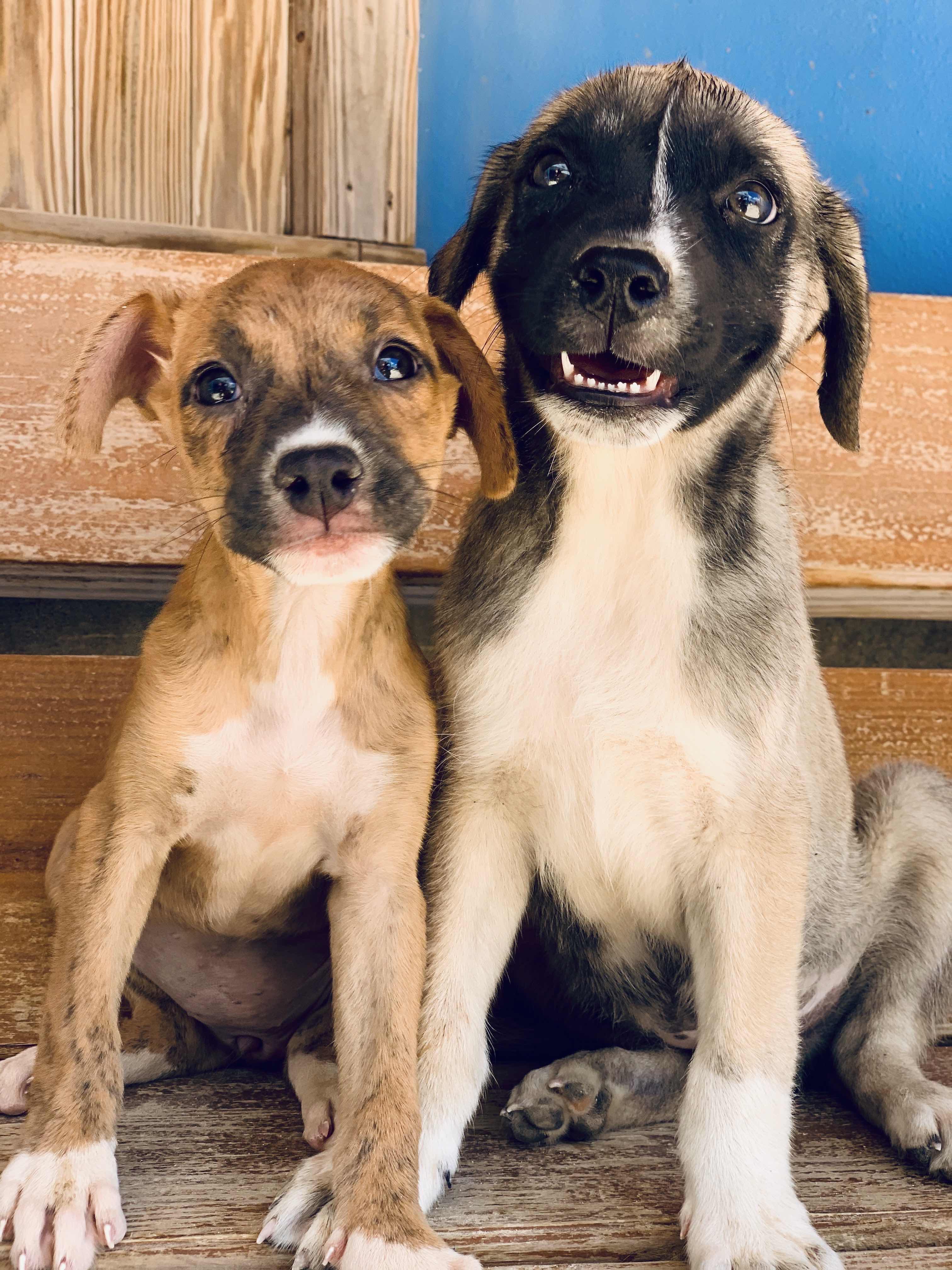
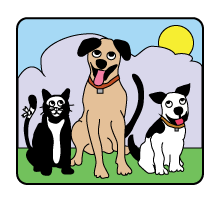
Follow us for updates